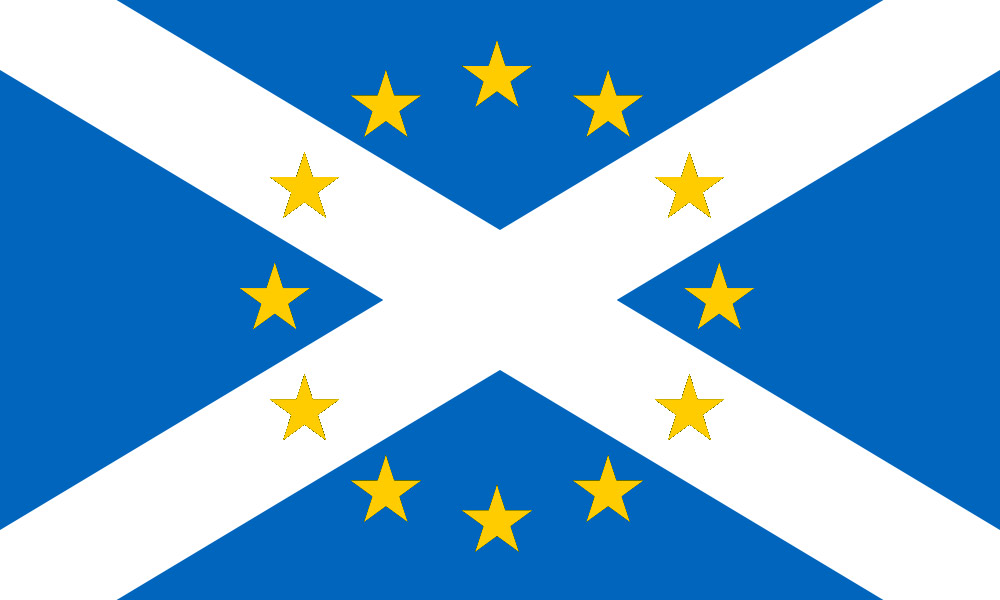Warning: Undefined array key "ssba_bar_buttons" in /usr/home/movgwifi/public_html/yesedinburghwest.info/wp-content/plugins/simple-share-buttons-adder/php/class-buttons.php on line 602
Warning: Undefined array key "ssba_bar_buttons" in /usr/home/movgwifi/public_html/yesedinburghwest.info/wp-content/plugins/simple-share-buttons-adder/php/class-buttons.php on line 602
Warning: Undefined array key "ssba_bar_buttons" in /usr/home/movgwifi/public_html/yesedinburghwest.info/wp-content/plugins/simple-share-buttons-adder/php/class-buttons.php on line 602
 In an independent Scotland, it will be the people of Scotland, and our Scottish Government, who will decide our future policy on Europe – including a decision to Remain or Leave. Until then, the Scottish Government is determined to stand up for our interests, and work with others to press our case.
In an independent Scotland, it will be the people of Scotland, and our Scottish Government, who will decide our future policy on Europe – including a decision to Remain or Leave. Until then, the Scottish Government is determined to stand up for our interests, and work with others to press our case.
This summary looks at the arguments for remaining in the EU: Democracy, economic Prosperity, Health, Education and international Solidarity and cooperation.
- DEMOCRACY: Scotland voted to remain by 62% to 38% (Edinburgh voted 74.4% to Remain). In the 2014 IndyRef, NO voters were told NO guaranteed remaining in EU. Yet we face being taken out of the EU through a hard and painful Brexit.
- ECONOMIC PROSPERITY:
- Scotland is a major exporter to Europe’s 500 million people- we must retain access to the single market and avoid tariffs on, for example, whisky.
- The Financial service sector benefits from single market.
- Scotland receives more in infrastructure grants from EU than it puts in. Farmers depend on EU payments.
- Free movement of people helps fill skills gaps and grow population.
- RIGHTS: EU guarantees rights and protections for workers.
- HEALTH: EU provides access to health care all across Europe. Staying in the UK is a threat to the NHS.
- EDUCATION: Students can study across Europe in the EU; with Brexit this will stop.
- SOLIDARITY: Represented in Europe, Scotland can influence European policy, eg on climate change, crime, peace and security.
WE HAVE NO IDEA WHERE THE UK GOVERNMENT STANDS ON MOST OF THESE ISSUES; NEITHER DO THEY.
Scotland is stronger in Europe and Europe is stronger with Scotland in it. It is in the interests of both the EU and Scotland to conclude a mutually beneficial agreement. Scotland’s natural position is as an active participant and trusted partner in the EU, which provides us with unparalleled access to the single market of over 500 million people. We believe that an independent government, acting to protect Scotland’s national interests within the EU, can restore some of the ground lost in recent decades when key Scottish industries have not been a priority for Westminster in EU negotiations. As an independent member state, Scotland will be in a much better position to advance our interests. In practice the EU seeks consensus – solutions acceptable to all member states. To reach unanimity, all countries whatever their size have an equal say, and can advance their arguments and interests. On the rare occasions in which a consensus cannot be reached, a formal vote is held to settle the common position. Scotland would have our own votes on these occasions, and would align our votes with those member states whose interests best match Scotland’s.
Reform of the EU: an independent Scotland will be able to play a full and constructive role as a member state of the EU, including in reform of the EU itself. The EU does need reform, for example:
- Democracy, Bureaucracy, Accountability – there is a perception that the EU needs to focus less on regulation, and be more transparent and democratic, bringing it closer to its citizens and addressing their concerns – particularly on free movement – Scotland needs and welcomes migrants and refugees, but there is concern about immigration levels. It needs its accounting improved – a material error of 4.4% (£5.4bn) is unacceptable.
- economic crisis – the Eurozone needs a return to Keynesian economics of sustained economic growth. CAP takes 39% of the EU budget, for less than 7% of jobs and GDP. The EU internal market should include
- the refugee crisis needs to be tackled better – reforming the EU asylum and migration system
- the security crisis needs to be tackled better – we need action on terrorism
- Nuclear weapons should be banned
Yes Edinburgh West has a website, Facebook, Twitter, National Yes Registry and a Library of topics on Scottish Politics, including Europe.



